On the issue of unfair competition
In mid-May 2025, the working group of the Vietnam Cashew Association (Vinacas) worked with Deputy Prime Minister Ho Duc Phoc to discuss the policy of controlling the import of processed cashew nuts into Vietnam. At the meeting, Vinacas proposed not to exempt import tax on imported cashew nuts, even when used for reprocessing for export.
At the same time, Vinacas proposed to apply a minimum import price to protect the interests of domestic processing enterprises. In addition, the establishment of strict quality control standards for imported cashew nuts was also emphasized to protect the Vietnamese cashew brand.
Mr. Nguyen Minh Hoa - Vice President and Head of Policy Department of Vinacas said that in the first quarter of 2025 alone, Vietnam imported 19,561 tons of cashew nuts. In the whole year of 2024, the import volume reached 131,620 tons of cashew nuts, equivalent to nearly 600,000 tons of raw cashew nuts, an increase of 20.72% compared to 2023.
Imported supplies are mainly from Africa, where countries are tightening exports of raw cashew nuts to prioritize promoting domestic processing and supporting cashew nut export businesses.
Mr. Hoa cited the policy of Ivory Coast - Africa's leading cashew producing country, which banned the export of raw cashews at the beginning of the season to give priority to domestic processing factories purchasing high-quality raw materials, only allowing exports when domestic demand is met.
In 2025, the minimum farmgate price in Côte d’Ivoire increased by 54% to 425 CFA francs/kg compared to the previous year. In addition, raw cashews exported to Vietnam are subject to an export tax (DUS tax) of 7% (down from 10% in 2019), while semi-processed cashews are tax-free and enjoy government subsidies.
On the contrary, Vietnam exempts import tax on cashew nuts even though they are raw materials for processing export products, leading to a situation of “unfair competition” between the domestic processing industry and imported products from Africa. This causes the amount of imported cashew nuts to increase rapidly, potentially causing many consequences for the Vietnamese cashew industry.
“Domestic processing enterprises have to compete with cheap, low-quality imported cashew nuts, which risks shrinking production, losing market share and wasting investment. The negative impact also spreads to farmers when the price of raw cashew nuts in the country drops sharply, causing difficulties in consumption and affecting income, especially for ethnic minorities,” Mr. Hoa emphasized.
In addition, low added value from imported cashew nuts, the risk of losing the national brand due to reduced product quality, and the possibility of hundreds of thousands of workers losing their jobs are major challenges.
Mr. Hoa affirmed that cashew nuts are not a product that Vietnam cannot produce – on the contrary, Vietnam accounts for over 80% of the global market share for processing and exporting cashew nuts. Therefore, cashew nuts should not be prioritized for import. He suggested that the Government and sectors consider applying not only tax regulations but also appropriate “technical barriers” to protect the domestic cashew industry.
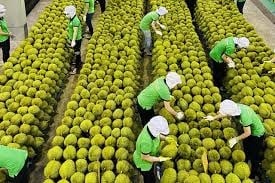
Facing raw material bottlenecks
Not only the cashew industry, but the export position of two other key agricultural products of Vietnam, pepper and coffee, is also facing the risk of serious decline due to the unresolved bottleneck in raw material sources.
In the pepper industry, although Vietnam accounts for about 40% of the output and nearly 55% of the global pepper export turnover, and is considered the "king" of pepper exports in the world , the reality is paradoxical when every month our country has to spend tens of millions of USD to import pepper for processing and export.
In the first 4 months of this year, Vietnam imported more than 15,000 tons of pepper of all kinds with a turnover of up to 88 million USD, an increase of 25% in volume and 105% in value compared to the same period in 2024. The main reason is that the pepper growing area has decreased sharply, from about 151,900 hectares in 2017 to 110,500 hectares at the end of 2024, largely due to the conversion to durian cultivation.
The reduction in pepper growing areas and the increase in raw material imports put the industry under great pressure to maintain its position as the world's number one producer, especially as competition from rivals such as Brazil increases. In 2025, Brazil's pepper output is estimated to reach 85,000-90,000 tons, a significant increase compared to 75,000 tons in 2024.
In the first four months of this year, Vietnam was Brazil's largest pepper import market, accounting for 40.1% of the market share with 13,505 tons, worth 79 million USD, a sharp increase in volume and turnover compared to the same period.
Similarly, the coffee industry is facing major challenges. Vietnam, currently the world’s leading producer of Robusta coffee, is facing threats from Brazil and Indonesia.
According to the Jakarta Globe, Indonesia – the world’s fourth largest coffee producer with over 700,000 tons of coffee per year – is making efforts to increase its output to surpass Vietnam. The coffee growing area in Vietnam is also decreasing as people switch to growing other crops such as durian and avocado.
Mr. Trinh Duc Minh, Chairman of Buon Ma Thuot Coffee Association, expressed concern about the fragmentation and small-scale of coffee raw material areas. He said that the cooperatives are still weak, and have not developed large cooperatives like in Brazil - where cooperatives export hundreds of thousands of tons of coffee, while in Vietnam, cooperatives only have an area of several dozen to several hundred hectares, too small.
From the above issues, it can be seen that if the raw material bottleneck is not soon overcome, self-reliance is promoted and output is increased, the export position of Vietnam's cashew, pepper and coffee industries will be increasingly weakened in the face of fierce competition from major competitors in the international market.
Source: https://baodaknong.vn/giai-ma-nhung-kho-khan-anh-huong-den-vi-the-xuat-khau-nong-san-viet-nam-253106.html




![[Photo] Prime Minister Pham Minh Chinh chairs a meeting on the implementation of the Lao Cai-Hanoi-Hai Phong railway project.](https://vphoto.vietnam.vn/thumb/1200x675/vietnam/resource/IMAGE/2025/5/20/0fa4c9864f63456ebc0eb504c09c7e26)







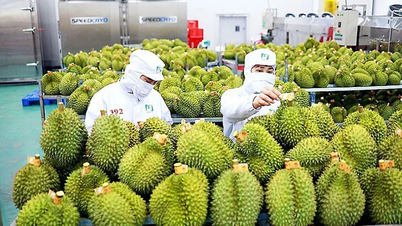



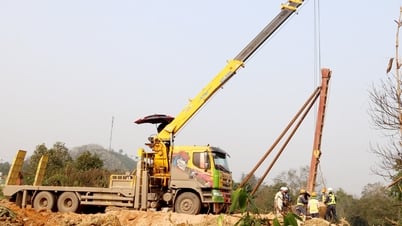
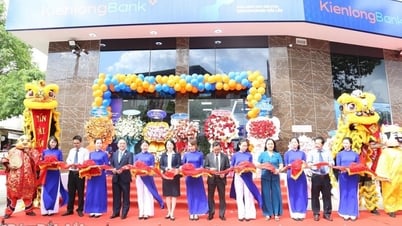










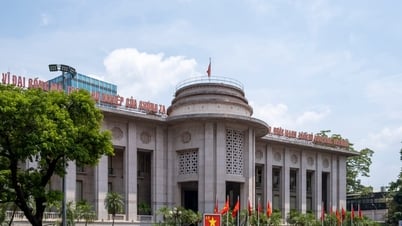







































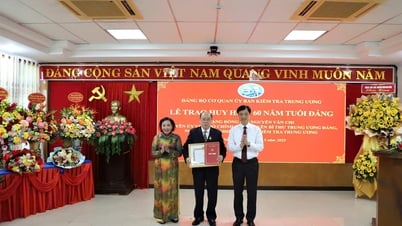



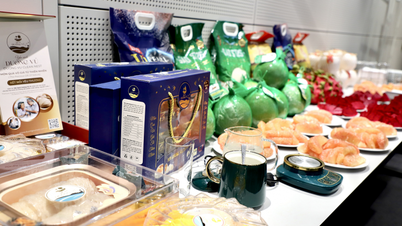



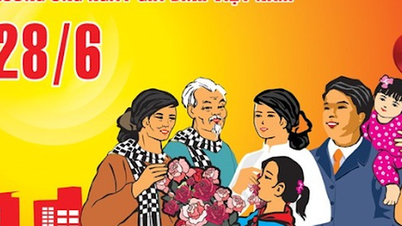


















Comment (0)